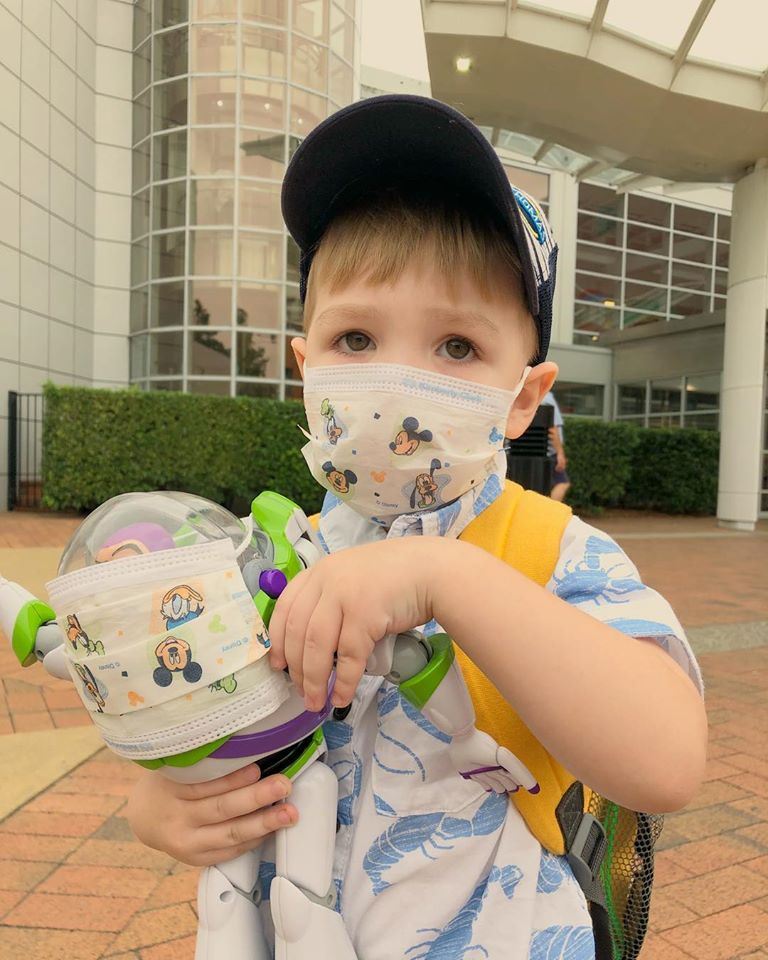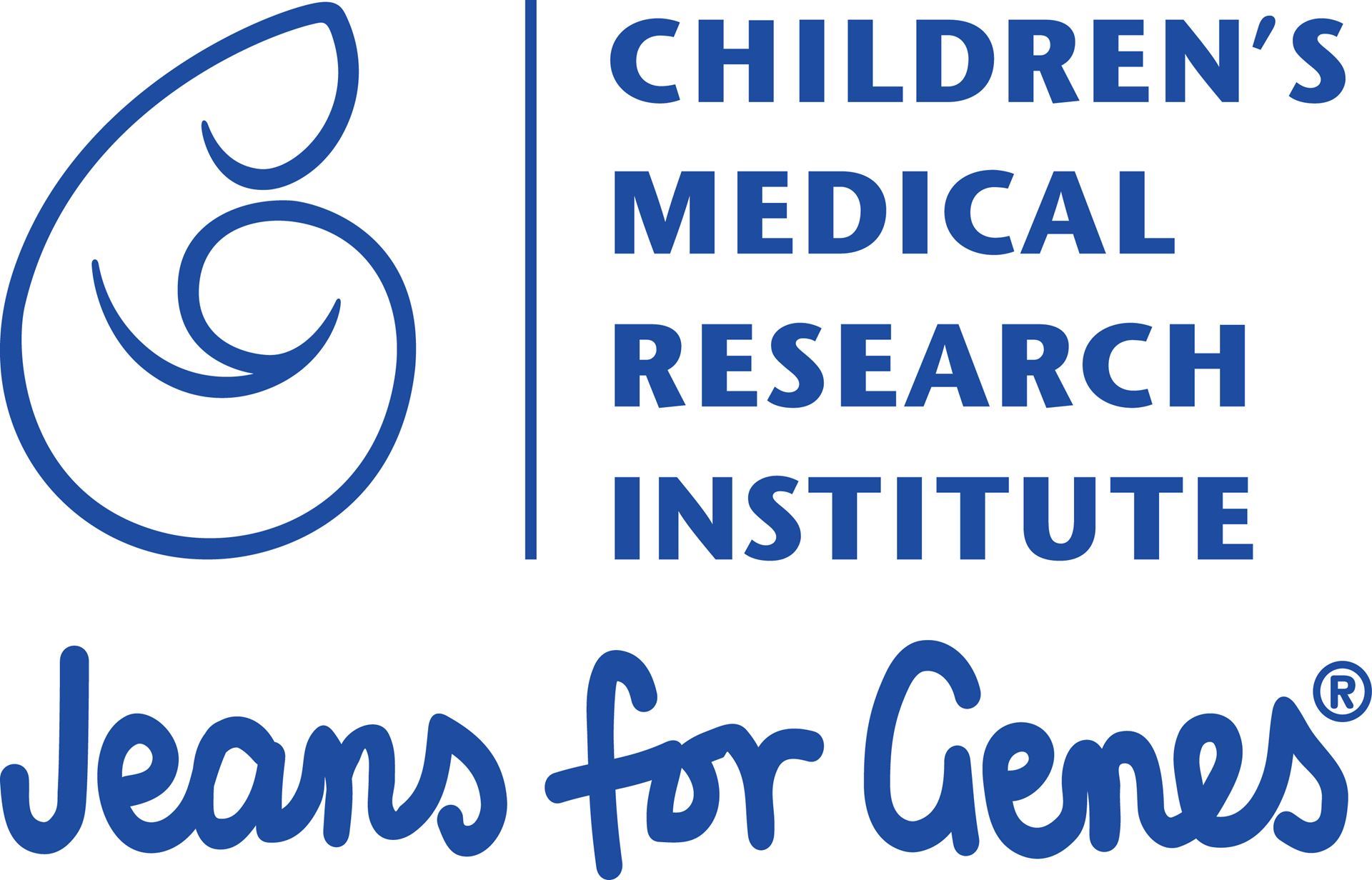 A gene therapy for Cystic Fibrosis (CF) could undergo development in the laboratory within three years, thanks to Cure4 Cystic Fibrosis Foundation (Cure4CF), who in partnership with the National Foundation for Medical Research and Innovation (NFMRI) have awarded a grant to a team at Children’s Medical Research Institute (CMRI) through the NFMRI scheme.
A gene therapy for Cystic Fibrosis (CF) could undergo development in the laboratory within three years, thanks to Cure4 Cystic Fibrosis Foundation (Cure4CF), who in partnership with the National Foundation for Medical Research and Innovation (NFMRI) have awarded a grant to a team at Children’s Medical Research Institute (CMRI) through the NFMRI scheme.
The $140,000 Barbara Stow-Smith Cure4 Cystic Fibrosis Innovation grant was awarded to a team of medical researchers from the University of Sydney’s Faculty of Medicine and Health who are all based at Westmead. The project will be led by Dr Leszek Lisowski from Children’s Medical Research Institute who is the Head of the Translational Vectorology Unit and Professor Hiran Selvadurai who is Senior Staff Specialist in Paediatric Respiratory Medicine at The Children’s Hospital at Westmead. It will also involve Dr Predag Kalajdzic from CMRI’s Vector and Genome Engineering Facility (VGEF), and two PhD students Adrian Westhaus and Kimberley Dilworth from CMRI.
The project aims to develop new vector-based gene therapy tools for the treatment of Cystic Fibrosis. Dr Lisowski creates microscopic delivery vehicles, called vectors, which make gene therapies possible. The vectors deliver gene therapeutics into the patient’s cells affected by the disease. The therapy adds a working copy of the faulty gene or replaces the faulty gene with a functional version.
As part of the project Dr Lisowski’s team will also work to develop a novel preclinical model of human lung that will enable studies not only of potential treatments for CF but also other conditions such as asthma and other lung diseases.
A gene therapy treatment like the one Dr Lisowski is working to develop has the potential to extend the life expectancy and improve quality of life for over 10,000 mostly young patients in Australia living with CF.
“Our approach has the potential to alleviate the lung-associated complications of CF, which have major health implications and are usually the most difficult to treat,’’ Dr Lisowski said.
“We are very excited to start this project in an endeavour to help children suffering with CF, and so grateful to Cure4CF.org for making this possible.’’
Senior Staff Specialist in Paediatric Respiratory Medicine at The Children’s Hospital at Westmead, Professor Hiran Selvadurai, says he is excited about the prospect of a gene therapy cure for CF patients.
“This grant gives us an opportunity to make a difference to sick children. We are excited to embark on this journey in order to bring real hope for children with CF,” said Professor Selvadurai.
Cure4 Cystic Fibrosis Executive Manager Suzy Dimaline said they were thrilled to partner with Dr Lisowski and his team at CMRI. “We are incredibly excited to fund this research, a gene therapy treatment would be game-changing for our cystic fibrosis community, not only here in Australia, but also across the globe.’’
Cassie Jones knows all about this suffering. Her son Charlie, who is only five, takes 20 pills a day and needs medicine every time he eats plus physiotherapy and use of a nebulizer every day.
“Gene therapy eventually aims to cure, not just treat, cystic fibrosis, and the beauty of this is that it could work for anyone with CF, no matter what their mutations are,’’ Ms Jones said.
“This is so important in CF because there are so many different mutations, and more so for us as Charlie carries a rarer one that makes current break-through medications ineffective.
“We work hard to keep Charlie as healthy as possible because we’re waiting for the day that treatments like this will prevent further damage to his body and add years to his life. News like this just brings that day closer and within reach.’’
The Cystic Fibrosis gene is carried by 1 in 25 Australians. Around 100 newborns in Australia are diagnosed each year with the disease.
To donate to CMRI click here.
